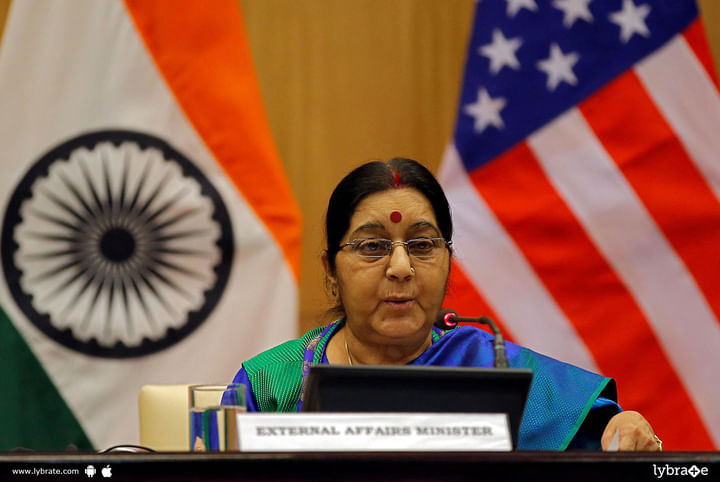Sushma Swaraj Dies Of Massive Heart Attack!
The news of the sudden demise of former External Affairs Minister Sushma Swaraj has left the nation shocked. The senior leader of the Bharatiya Janata Party (BJP) suffered a massive heart attack on Tuesday evening. The former minister was brought to AIIMS, where she breathed last. Indian Prime Minister Narendra Modi took to Twitter to offer condolences, as the country grieved the loss of a dynamic leader.
Heart attacks are very common and are perceived as a medical emergency. It is perhaps the leading cause of deaths in India with a mortality rate of 24.8%. The condition affects young and elderly alike – most commonly seen in people aged between 25 and 69.
Heart Attacks – what are the causes?
A heart attack refers to a condition when a blockage disrupts the flow of blood to the heart muscles. Usually, the blockage is caused by an accumulation of cholesterol, fat, and other substances – all of which form to build plaque in the coronary arteries.
Eventually, the plaque breaks away to form a blood clot, which interrupts blood flow and ultimately damages a portion of your heart muscle. When one or more of the coronary arteries become blocked, it results in a heart attack.
Besides, there are some other factors or underlying causes, which may lead to a sudden cardiac attack.
-
Excessive body weight
-
High triglyceride and cholesterol levels
-
Metabolic syndrome
-
Lack of exercise/physical activity
-
Stress
-
Poor diet
You are also likely to suffer a heart attack at any point in life if you have a family history of the condition.
Symptoms or Warning Signs
The most common symptom of a heart attack is chest pain. But the following could be probable signs of a cardiac attack –
-
Tightness in the chest
-
Pain along the arms that extends to the jaws, neck and the back
-
Feeling sweaty and clammy
These clear signs of a heart attack call for immediate medical intervention.
Prevention
Many of the causes of a heart attack are associated with a sedentary, unhealthy lifestyle. Therefore, the best way to prevent the occurrence of cardiovascular diseases is to maintain a healthy lifestyle. Measures for healthy living include –
-
Eating a well-balanced, wholesome diet, which should include lots of vegetables and fruits, lean protein, and healthy fats, like fatty fish, nuts and seeds
-
Getting moderate exercise daily to keep the heart healthy– it could be cardio exercises like swimming, running and cycling, or lightweight training
-
Getting adequate sleep
-
Maintaining a healthy body weight – this is important for your heart health, as obesity is one of the major risk factors for cardiovascular diseases
-
Keeping your bad cholesterol levels in check
-
Learning to manage stress
-
Keeping your blood sugar and blood pressure under control
Heart attacks often result from a combination of different factors, rather than a single one. These preventive measures can help you stay fit and avoid the risk of cardiac attacks. Nevertheless, consult a doctor immediately if you experience the above symptoms of a heart attack.



+1.svg)
